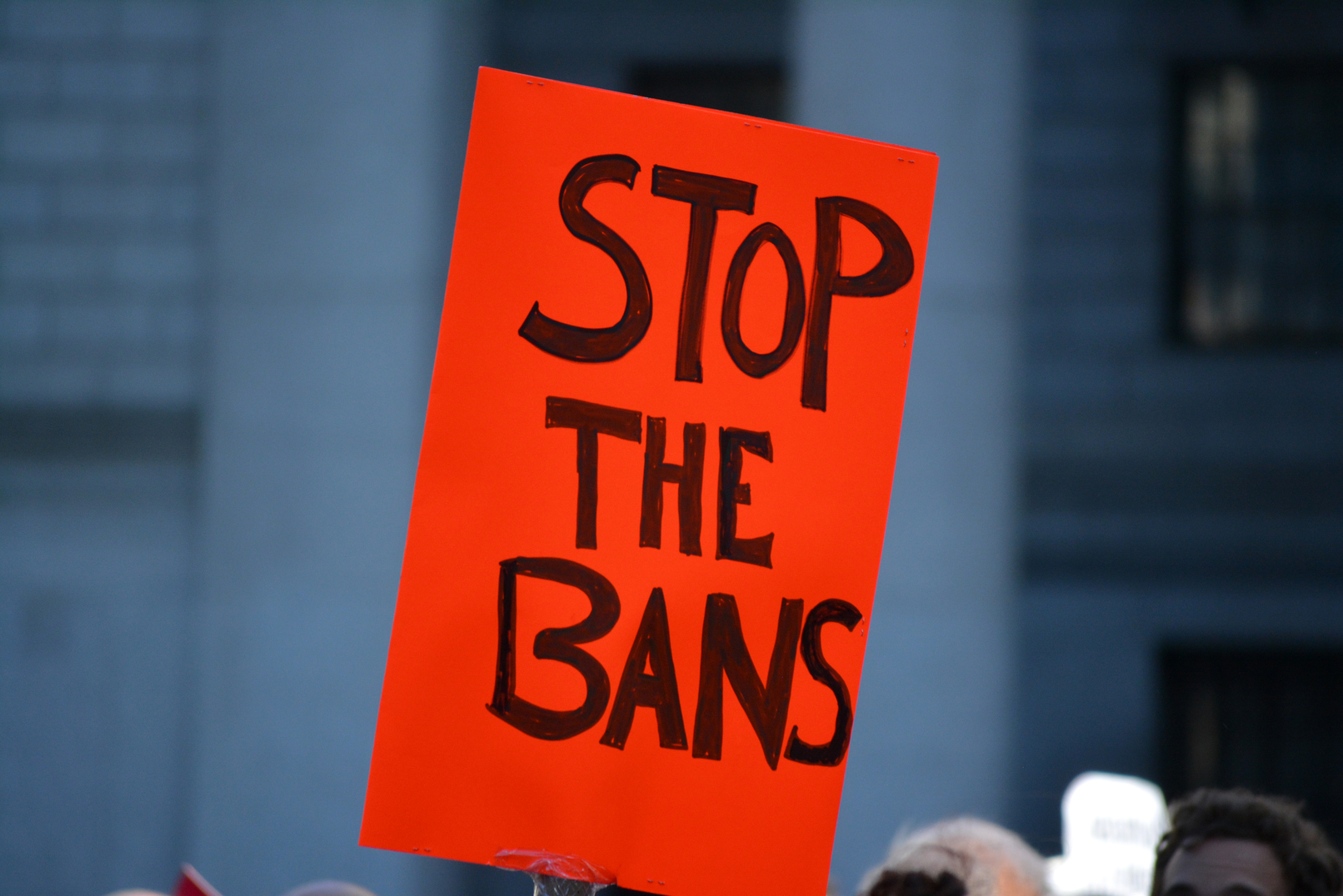On November 19, 2020, U.S. Customs and Border Protection (CBP) proposed an expansion of facial recognition at the border to include photographs of every non-citizen coming in or out of the United States, regardless of their means of travel, entry and exit points, or even age.
Articles Posted in Privacy
If it passes, a privacy ballot measure in California could give you more control over personal data.
On Wednesday, October 7, 2020, the First District Court of Appeal in California ruled that California law prevents anyone from recording either side of a phone conversation without both parties' consent. San Francisco attorney Eric Gruber previously filed suit against Yelp, Inc., alleging violations of the California Invasion of Privacy Act ("CIPA") (Pen. Code, § 630 et seq.) for recording conversations between himself and Yelp sales representatives without his notice or consent. The trial court ruled in Yelp's favor on a motion for summary judgment, finding no triable issues as to whether Yelp violated CIPA. The First District Court of Appeal reversed and remanded the trial court's decision.
On Friday, September 25, 2020, U.S. District Court Judge Nancy D. Freudenthal granted Google's motion to dismiss in a privacy lawsuit concerning Google's G Suite for Education. The court dismissed state law claims on the basis of declining to exercise jurisdiction, but granted Google's motion to dismiss as to the Children's Online Privacy Protection Act claim brought by the State of New Mexico.
A consumer in New York alleges that LinkedIn violated consumer privacy by programming its apps on Apple devices to collect sensitive data.
Deloitte Consulting LLP has been sued by a group of Ohio residents in two proposed class actions after their personal information was compromised on state websites the company built to administer coronavirus-related unemployment benefits. Officials in Ohio, Colorado, and Illinois announced that applicant information including home addresses and social security numbers had been exposed to the public on these sites. The lawsuits have been filed in federal court in New York, as well as state court in Ohio.
The lawsuit alleges that Google uses its G Suite for Education platform to mine the personal information of schoolchildren, violating federal and state laws.
A $550 million settlement has been announced in a class action lawsuit against Facebook alleging that it violated an Illinois privacy law through its use of facial recognition technology. Since 2010, the social media platform has used a photo recognition feature on users' photos in order to offer Tag Suggestions. The plaintiffs in the lawsuit alleged that the practice of collecting biometric data of this nature without users' permission or any information as to how long the information would be kept violated Illinois law.
On Monday, November 18, 2019, Judge Edward M. Chen of the U.S. District Court, Northern District of California, issued an order declining to grant a motion for partial summary judgment in a lawsuit filed by the American Civil Liberties Union against multiple federal agencies, including the U.S. Department of Justice, the Federal Bureau of Investigation, the Department of Homeland Security, and other federal immigration agencies. The ACLU seeks information, via a FOIA request, as to the federal agencies' surveillance of social media users. Judge Chen's ruling allows the case to move forward.
On Tuesday, October 29, 2019, Judge Myron H. Thompson of the U.S. District Court for the Middle District of Alabama granted a preliminary injunction in Robinson et al v. Marshall, a lawsuit challenging Alabama Act No. 2019-189. The statute imposes criminal liability on abortion providers for almost all abortions, whether completed or attempted, regardless of fetal viability. The preliminary injunction prevents enforcement of the statute only as applied to pre-viability abortions. The statute is set to go into effect on November 15, 2019.










